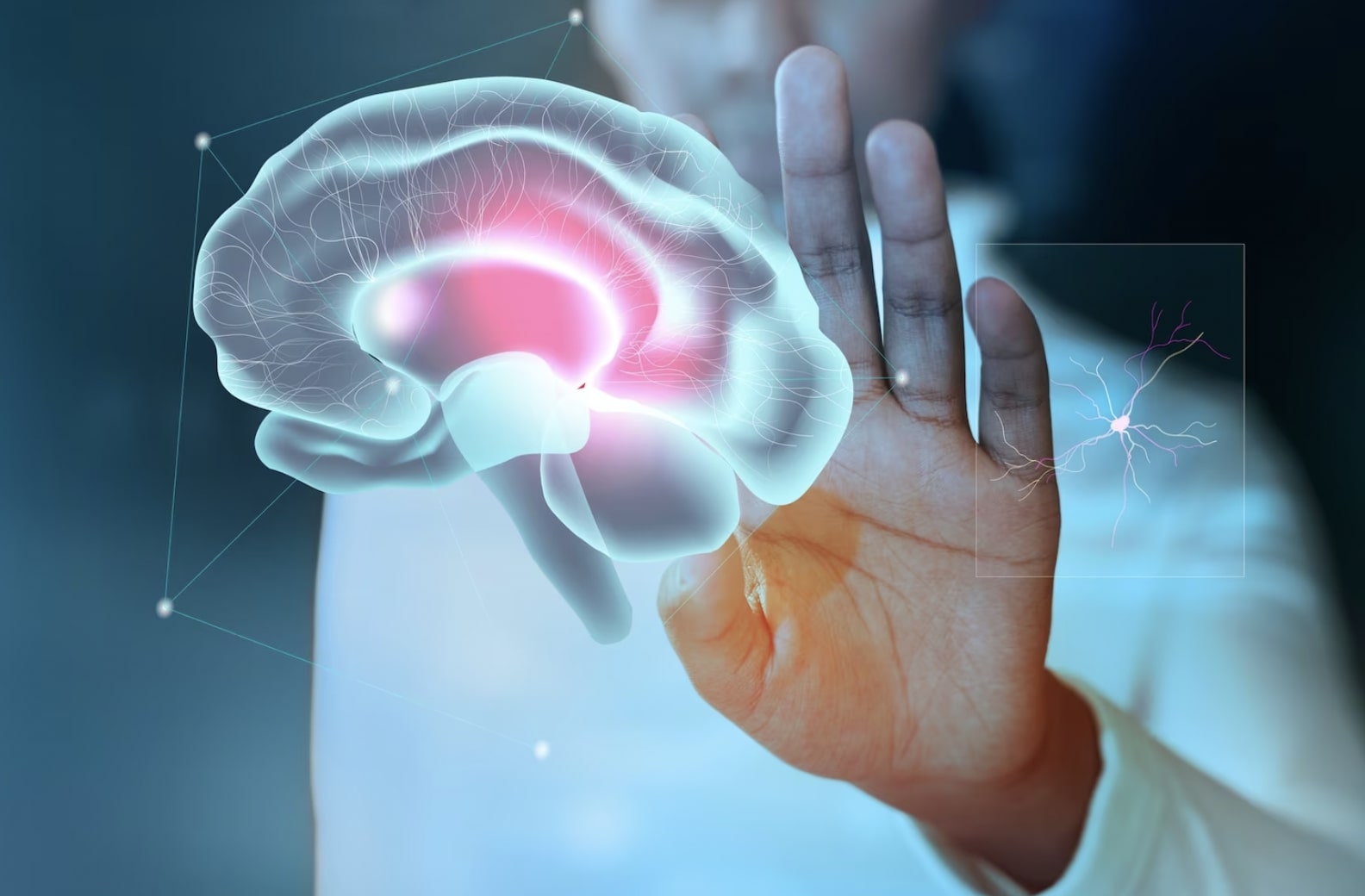Regenerative medicine represents a groundbreaking approach in healthcare, offering hope for individuals seeking alternative solutions for various debilitating conditions.
But what diseases and conditions do regenerative approaches, such as stem cell activation, have the potential to help address? The answer? Too many to count!
From shoulder injuries to degenerative age-related inflammatory problems, and much more, regenerative medicine offers innovative helpful options that aim to help promote healing, reduce inflammation, and potentially restore functionality without surgical procedures. There is significant medical research and peer-reviewed medical journal studies to support the potential benefits for regenerative medicine approaches, including stem cells.
The Power of Regenerative Medicine
Here, we explore four diseases where regenerative medicine has shown promising potential:
1. Spine Arthritis & Disc Degeneration
Spine arthritis and disc degeneration are common causes of chronic back pain and mobility issues, affecting millions worldwide. Traditional treatments often focus on managing symptoms rather than addressing the underlying cause. Regenerative approaches, including stem cell activation, offer innovative possibilities without surgery.
Stem cell activation, administered by stem cell experts, aims to stimulate natural tissue repair, reduce inflammation, and potentially restore spinal function by promoting the regeneration of damaged discs and joint tissues.
2. Tendinitis
Tendinitis, characterized by inflammation and pain in the tendons, can significantly impair movement and quality of life. Conventional treatments such as rest, physical therapy, and medication may provide temporary relief but often fall short of providing long-term healing.
Regenerative medicine explores cell-based alternatives and other biological alternatives, which harnesses your regenerative abilities to support tendon repair and reduce inflammation. These approaches aim to accelerate healing and help restore tendon strength, offering a potential solution for chronic tendinitis.
3. Osteonecrosis
Osteonecrosis, a problem where bone tissue dies due to reduced blood flow, primarily affects joints such as the hip, knee, and shoulder. Current treatments may involve surgery to replace or repair damaged joints, which is invasive and require lengthy recovery periods.
Regenerative medicine introduces cell-based alternatives and other regenerative options which have shown promise in promoting new bone growth and enhancing the healing process. By delivering bioactive signaling molecules and promoting new blood vessel formation, these regenerative approaches aim to help preserve joint function and potentially delay or avoid the need for surgical intervention.
4. Alzheimer’s Disease
Alzheimer’s disease, a progressive neurodegenerative disorder, poses significant challenges to patients, caregivers, and healthcare providers alike. While no cure currently exists, regenerative approaches are being explored to mitigate symptoms and potentially slow disease progression.
Stem cell activation and other biological alternatives are under investigation for their potential to suppress inflammation, enhance neuronal regeneration and support brain tissue repair. Research in this area aims to harness the regenerative potential of stem cells and other stem cell derived biologics to help improve cognitive function and quality of life for those who suffer from cognitive deficits.
Contact Stem Cells Expert Dr. Jeff Gross
If you or a loved one are affected by any of these problems and are interested in exploring regenerative medicine options, stem cell expert Dr. Jeff Gross is here to help! Contact us today to chat with Dr. Gross about the potential of regenerative approaches to help address these issues.

